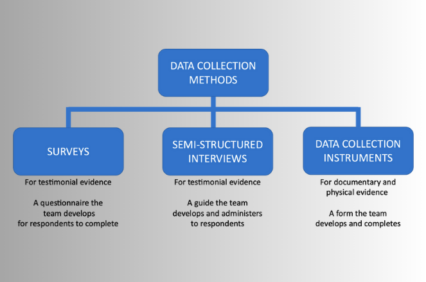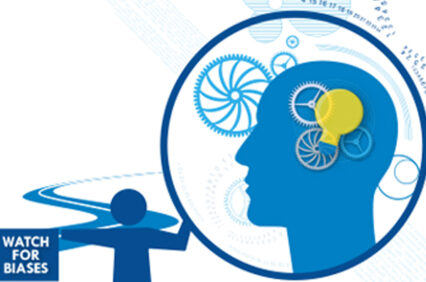Many auditors have developed considerable experience conducting each stage of an audit, yet those same auditors often lose momentum when it comes to moving from one stage to the next. One reason is that auditors must get the details right to support convincing findings and conclusions; however, that same focus on the details may prevent an auditor from considering how decisions on one stage will impact the next stage of the audit. Consequently, in addition to developing technical skills needed to execute each stage of an audit, auditors should also develop the ability to think ahead to help an audit move smoothly from one stage to the next.
By: Loren Yager
Filter By:






